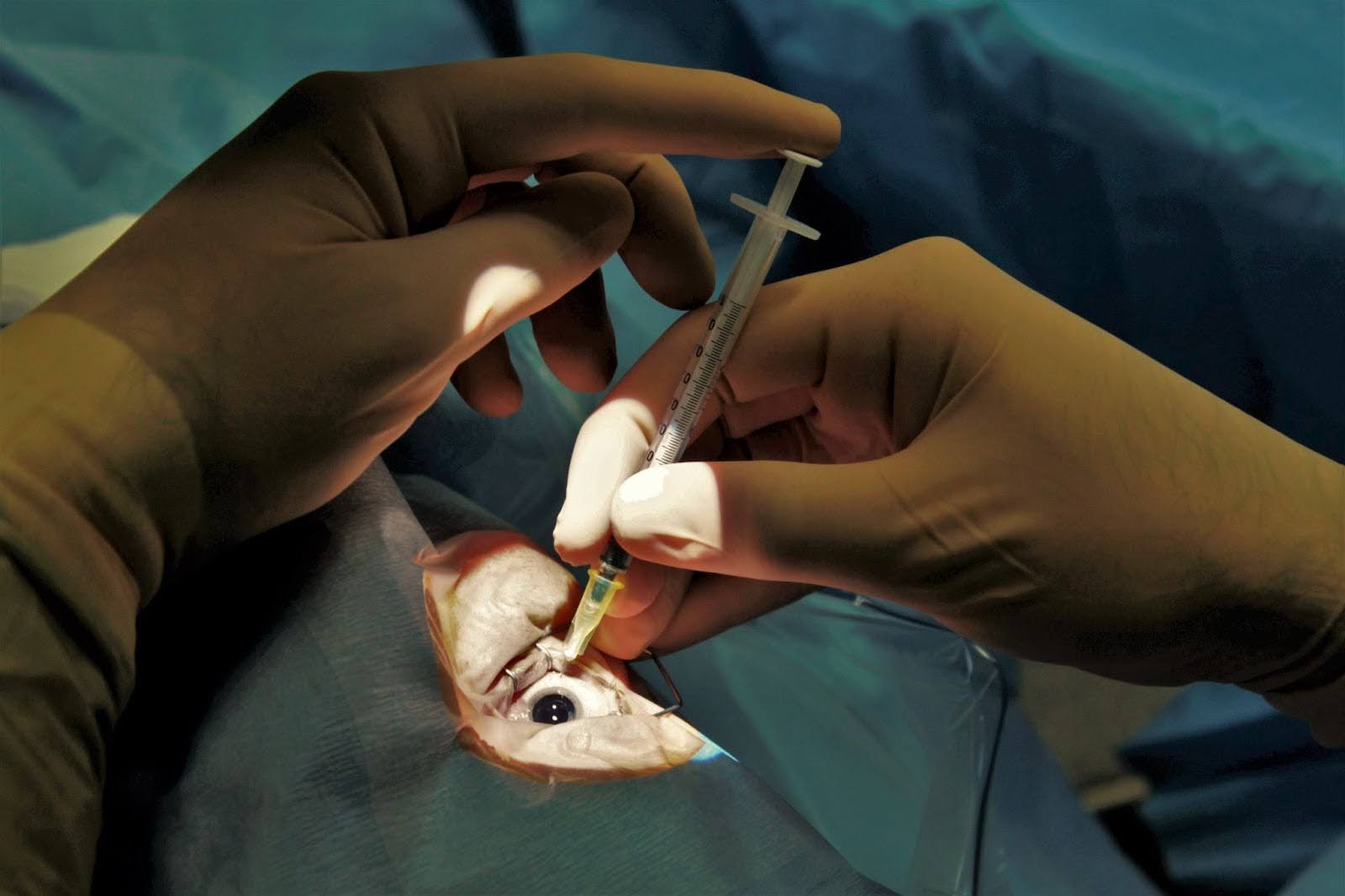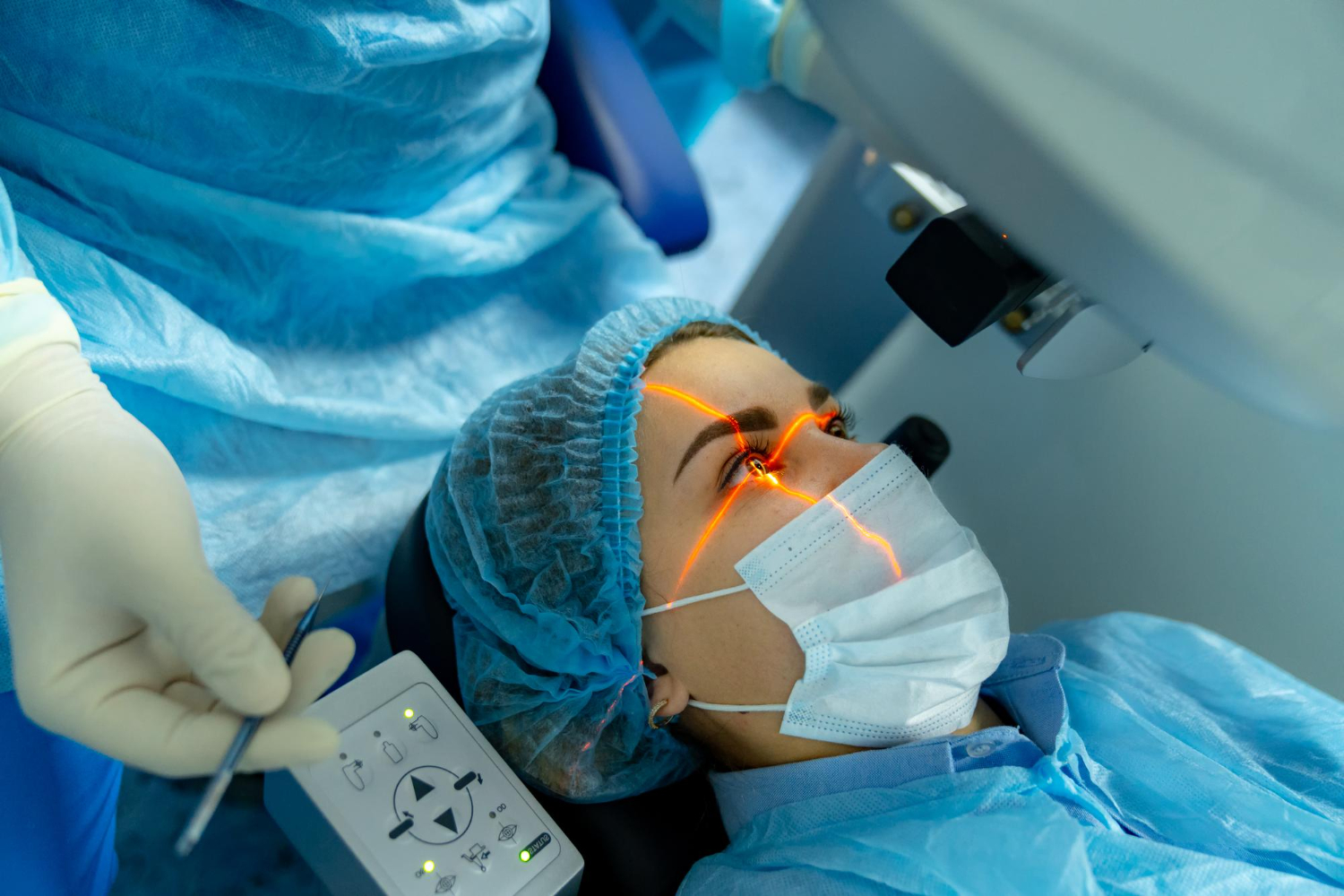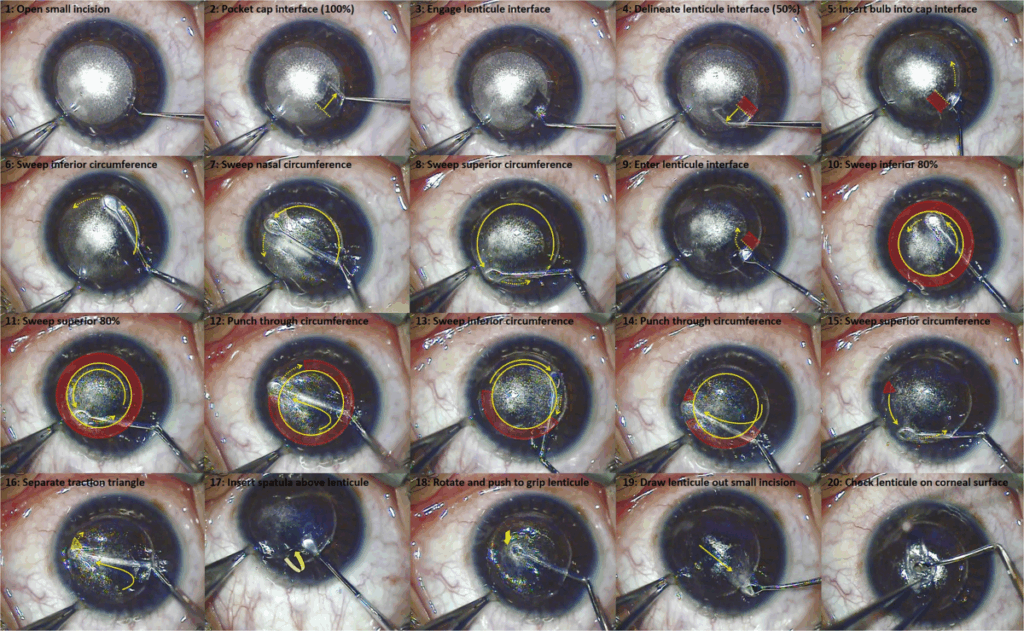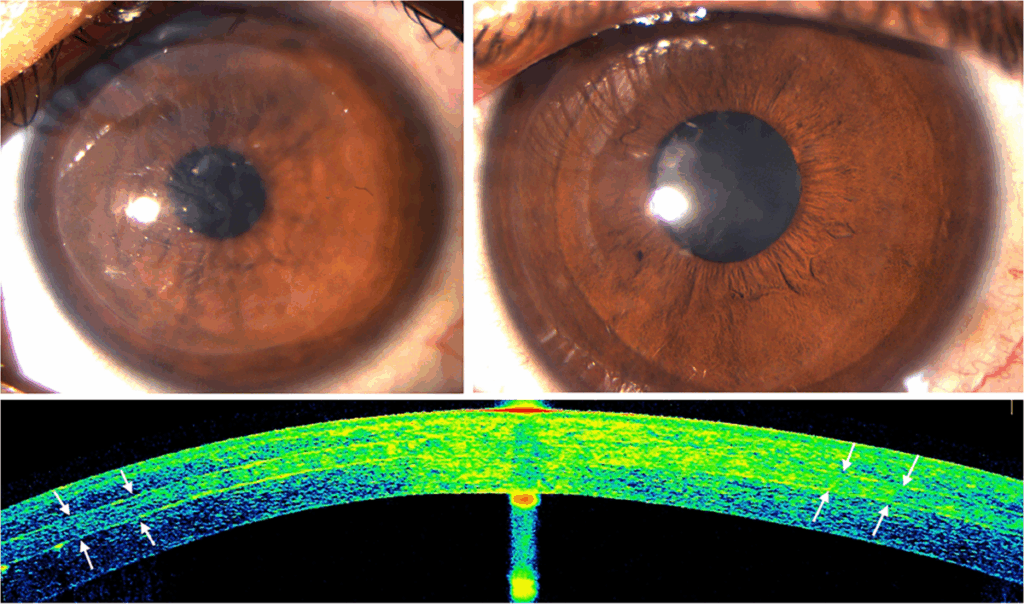Understanding Cataracts and Their Treatment
Cataracts are a common eye condition that affects many individuals, particularly as they age. They occur when the lens of the eye becomes cloudy, leading to blurred vision and, in some cases, significant impairment. The primary treatment for cataracts is surgery, which involves removing the cloudy lens and replacing it with an artificial one. This procedure is generally safe and effective, but many potential patients often wonder about the associated costs.
In Australia, the price of cataract surgery can vary widely based on several factors, including the type of surgery, the surgeon’s fees, the facility where the surgery is performed, and whether the patient has private health insurance. Understanding these factors can help individuals make informed decisions about their eye health and financial planning.
The average cataract surgery cost in Australia typically ranges from AUD 3,000 to AUD 5,000 per eye for those without private health insurance. This estimate includes the surgeon’s fees, facility charges, and anaesthesia. However, costs can vary significantly based on the factors previously discussed.
Moreover, it is essential to consider the advancements in cataract surgery techniques that have emerged in recent years. For instance, many surgeons now utilise phacoemulsification, a minimally invasive method that involves using ultrasound waves to break up the cloudy lens before it is removed. This technique not only reduces recovery time but also enhances the overall safety of the procedure, allowing patients to return to their daily activities much sooner than with traditional methods. Additionally, the introduction of premium intraocular lenses (IOLs) offers patients the option to correct refractive errors such as astigmatism or presbyopia, further improving their vision post-surgery.
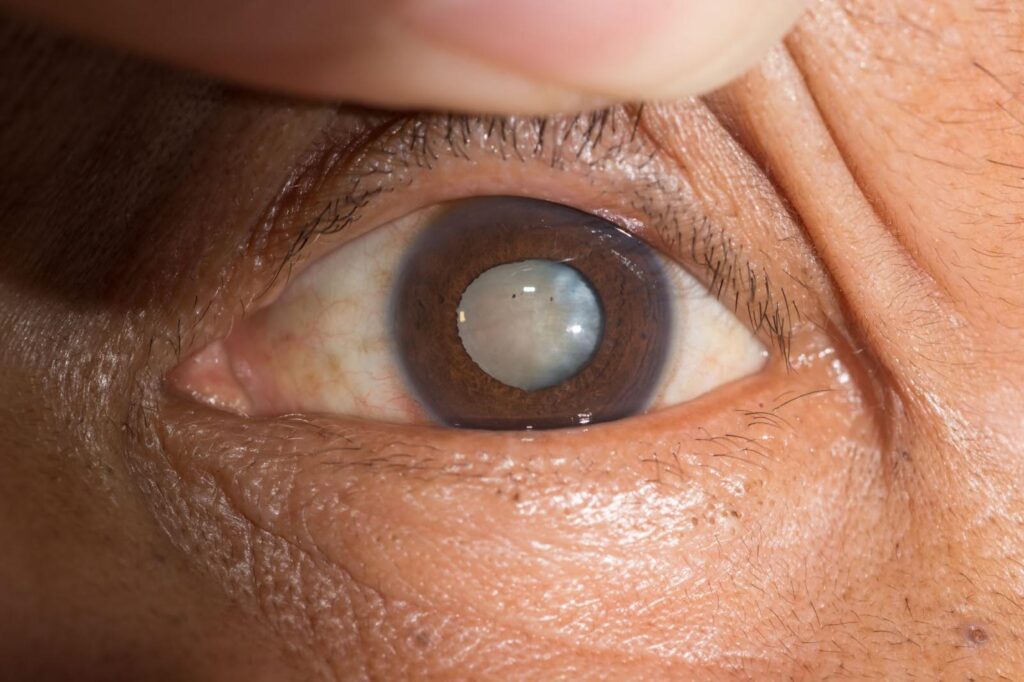
Furthermore, the emotional and psychological impact of cataracts should not be overlooked. Many individuals experience a decline in their quality of life due to vision impairment, which can lead to feelings of isolation and frustration. Engaging in conversations with healthcare providers about the timing of surgery is crucial, as early intervention can prevent further deterioration of vision and help maintain independence. Support groups and educational resources are also available to assist patients and their families in navigating the challenges associated with cataracts, fostering a sense of community and understanding during the treatment process.
Factors Influencing the Cost of Cataract Surgery
Type of Surgery
There are generally two types of cataract surgery performed in Australia: traditional cataract surgery and laser-assisted cataract surgery. Traditional surgery, known as phacoemulsification, is the most common method and typically costs less than its laser-assisted counterpart. The latter uses advanced technology to enhance precision and may lead to quicker recovery times, but it often comes with a higher price tag.
Patients should discuss with their ophthalmologist which type of surgery is best suited for their condition and budget. While laser surgery may seem appealing, the traditional method has a long track record of success and may be sufficient for many individuals. Furthermore, the choice of surgery can also depend on the specific characteristics of the cataract and the patient’s overall eye health. For instance, some patients may have coexisting eye conditions that could influence the decision, making it imperative to have a thorough consultation with a qualified eye specialist.
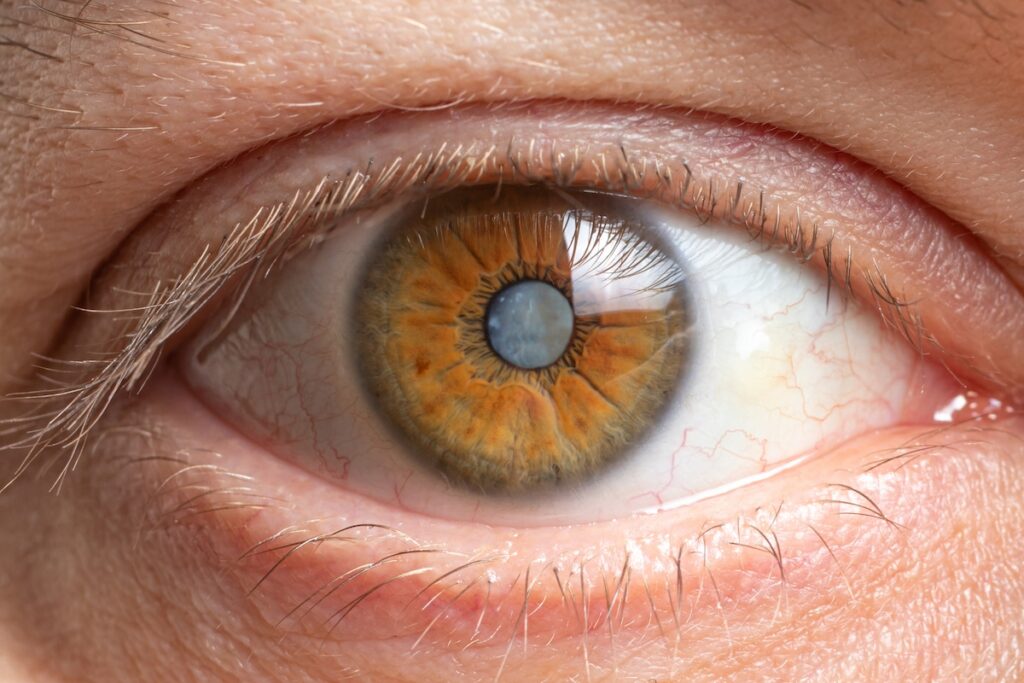
Surgeon’s Fees
The fees charged by the surgeon can significantly impact the overall cost of cataract surgery. Surgeons with extensive experience or those who are highly regarded in their field may charge more for their services. It is essential for patients to consider the surgeon’s qualifications and track record when evaluating costs. A more experienced surgeon may provide peace of mind and potentially better outcomes. Learn more about qualifications at https://hsa.edu.pk/course/certification-in-medical-health-profession-education/
Patients should not hesitate to ask about the surgeon’s fees upfront and whether these costs are included in the overall package or billed separately. Transparency in pricing is crucial for effective financial planning. Additionally, patients might want to explore whether their health insurance covers part of the surgeon’s fees, as this can significantly alleviate the financial burden. Some insurance policies may have specific requirements or preferred providers, so it is wise to review these details before making a decision.
Facility Charges
The facility where the surgery takes place also plays a role in determining the cost. Hospitals and surgical centres may have different pricing structures, and some may offer all-inclusive packages that cover the surgery, anaesthesia, and post-operative care. It is advisable for patients to inquire about these packages and what they include.
Additionally, the location of the facility can affect costs. Urban centres may have higher fees compared to regional areas due to the cost of living and operational expenses. Patients should weigh the convenience of location against potential savings. Moreover, the quality of the facility can also vary, with some centres offering state-of-the-art equipment and amenities that may enhance the surgical experience. Patients may wish to consider factors such as the facility’s accreditation, the availability of specialised staff, and the overall patient satisfaction ratings, as these can all contribute to the quality of care received during the surgical process.
Insurance and Out-of-Pocket Expenses
Public vs. Private Health Insurance
In Australia, those with private health insurance may find that a significant portion of their cataract surgery costs is covered. However, the extent of coverage can vary based on the policy. Some policies may cover the entire cost of the surgery, while others may only cover a portion, leaving patients with out-of-pocket expenses.
Public health insurance, through Medicare, also provides coverage for cataract surgery, but waiting times can be considerable. Patients opting for surgery through the public system may experience delays that could affect their quality of life. It is essential for individuals to assess their health insurance options and consider whether private insurance is worth the investment for quicker access to surgery.
Learn more on: Is Private Cataract Surgery Cost Justified Exploring Pros and Cons
Out-of-Pocket Costs
Even with insurance, patients should be prepared for out-of-pocket costs, which can include co-payments, excess fees, and costs related to post-operative care. These expenses can add up, so it is crucial to have a clear understanding of what to expect financially. Patients should discuss potential out-of-pocket costs with their healthcare provider and insurance company to avoid surprises.
Additionally, patients should consider the costs of follow-up appointments and any necessary medications after surgery. These expenses can vary, and budgeting for them can help ensure a smoother recovery process.
Average Costs of Cataract Surgery in Australia
General Cost Estimates
For those with private health insurance, the out-of-pocket expenses may be considerably lower, depending on the level of coverage. It is advisable for patients to obtain quotes from multiple surgeons and facilities to find the best option for their needs.
Additional Costs to Consider
In addition to the direct costs of the surgery, patients should consider other potential expenses. For instance, if a patient requires glasses or contact lenses after surgery, these costs should be factored into the overall budget. Moreover, transportation costs to and from the surgical facility may also add to the financial burden.
Patients should also be aware of the potential for complications, which, although rare, may incur additional costs for treatment. Discussing these possibilities with the surgeon can provide a clearer picture of the financial implications.
Financial Assistance and Payment Plans
Government Assistance Programs
For individuals facing financial difficulties, there may be government assistance programs available to help cover the costs of cataract surgery. Programs may vary by state and territory, so it is essential to research local options and eligibility criteria. Patients should consult with their healthcare provider to explore available resources.
In some cases, community health organisations may offer financial assistance or support services for individuals in need. These resources can help alleviate the financial burden associated with cataract surgery. To know more about community click here.
Payment Plans and Financing Options
Many surgical facilities and ophthalmologists offer payment plans to help patients manage the costs of cataract surgery. These plans can allow patients to pay for their surgery in instalments rather than a lump sum, making it more manageable. It is advisable to inquire about available financing options during the initial consultation.
Additionally, some medical credit cards or loans specifically designed for healthcare expenses may be available. Patients should carefully review the terms and conditions of any financing option to ensure they fully understand the repayment obligations.
Preparing for Cataract Surgery
Consultation and Assessment
Prior to undergoing cataract surgery, patients will typically have a comprehensive consultation with an ophthalmologist. This assessment will include a thorough eye examination and discussions about the patient’s medical history and specific needs. During this consultation, patients should feel free to ask questions about the procedure, costs, and any concerns they may have.
Patients should also discuss their insurance coverage and any potential out-of-pocket expenses during this meeting. This transparency will help establish realistic expectations and ensure that patients are well-informed about their financial responsibilities.
Post-Operative Care and Recovery
After cataract surgery, patients will require post-operative care, which may include follow-up appointments and prescribed medications. It is essential to adhere to the surgeon’s recommendations for recovery to ensure optimal results. Patients should also be aware of any additional costs associated with post-operative care and factor these into their budget.
Recovery times can vary, but many individuals experience improved vision within a few days. However, it is crucial to attend all follow-up appointments to monitor healing and address any potential complications.
Conclusion: Making an Informed Decision
Cataract surgery is a vital procedure that can significantly enhance the quality of life for those affected by cataracts. However, understanding the associated costs is essential for making an informed decision. By considering the various factors that influence pricing, such as the type of surgery, surgeon’s fees, and facility charges, patients can better prepare for the financial aspects of their treatment.
For those with private health insurance, it is important to review coverage details and potential out-of-pocket expenses. Additionally, exploring financial assistance programs and payment plans can provide further support in managing costs.
Ultimately, the decision to undergo cataract surgery should be based on a thorough understanding of both the medical and financial implications. Consulting with healthcare professionals and conducting research will empower patients to make choices that align with their health needs and financial situations.

